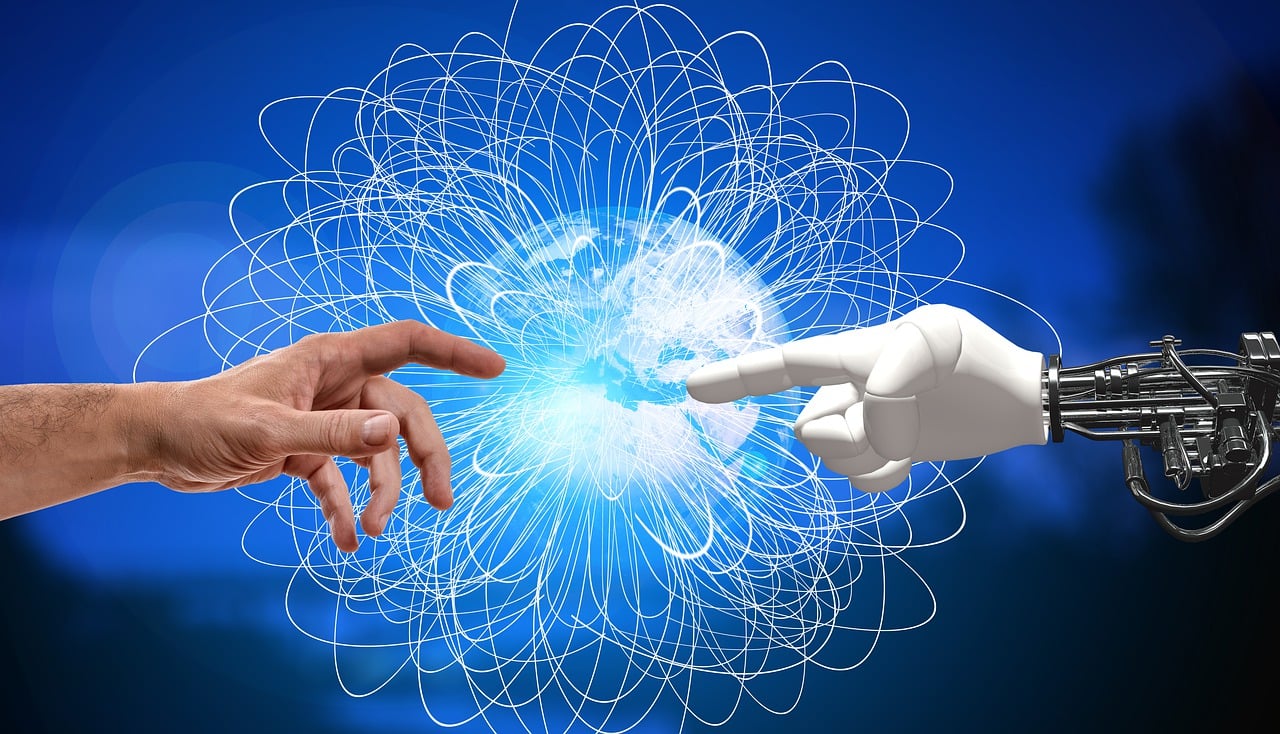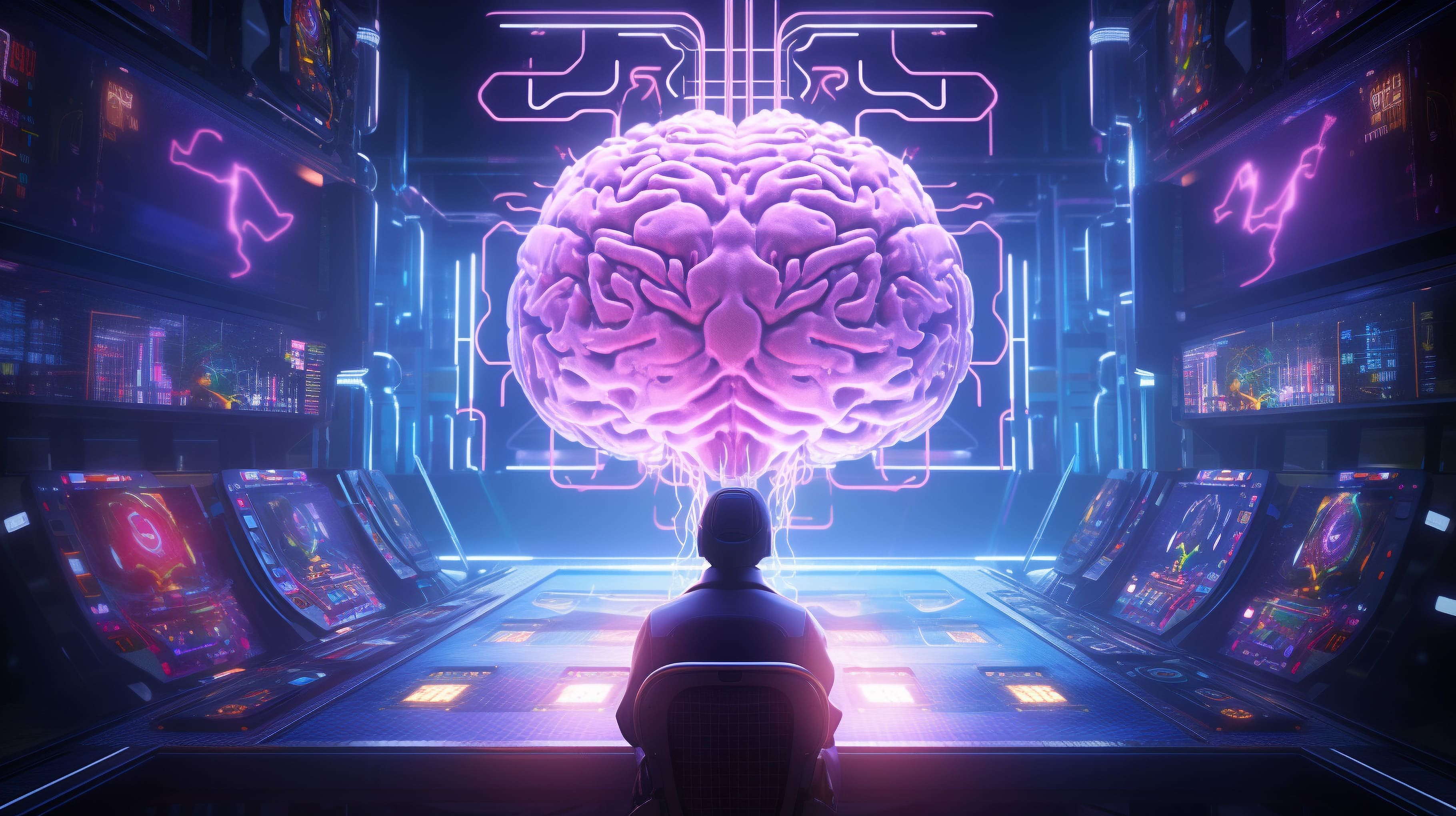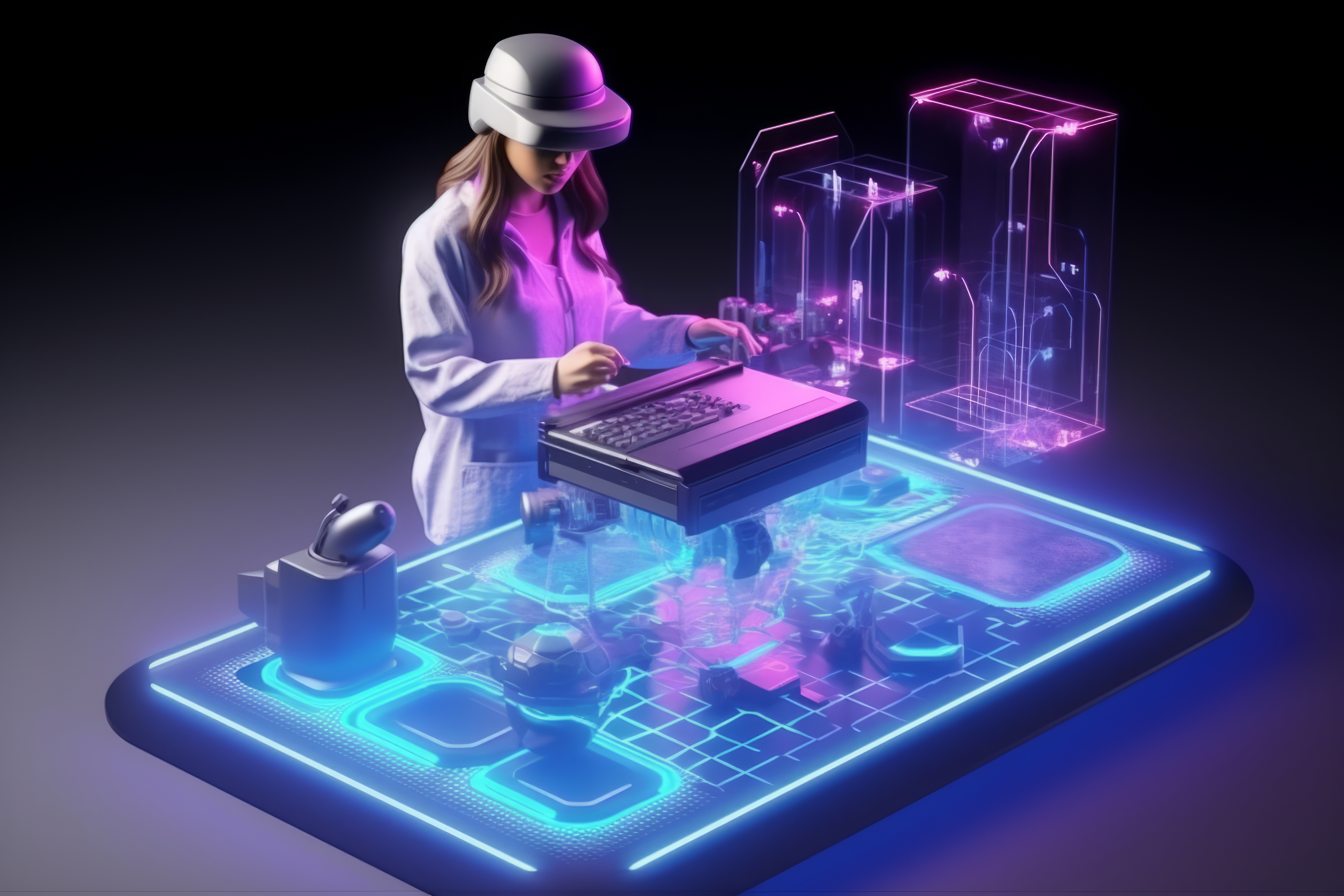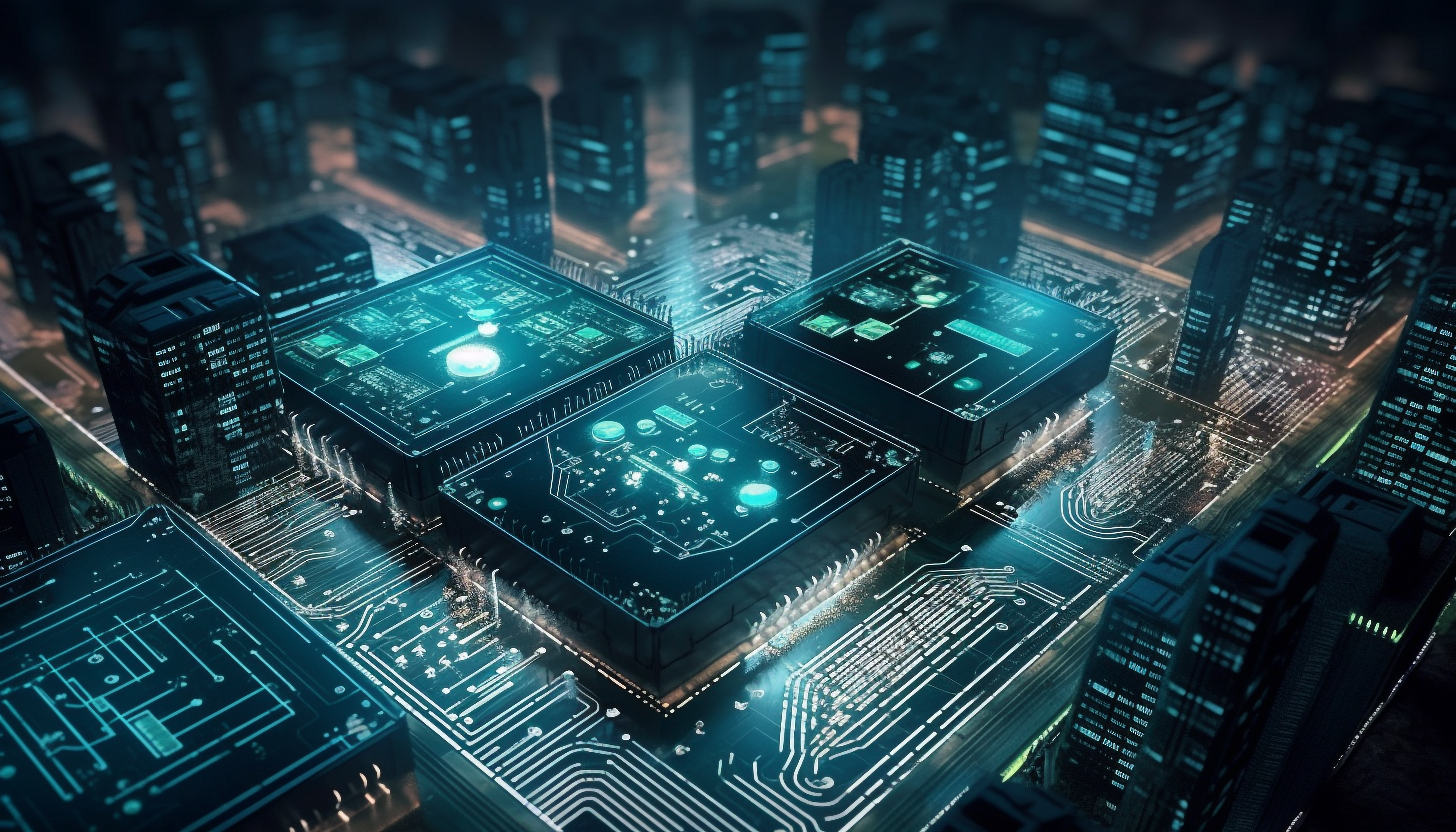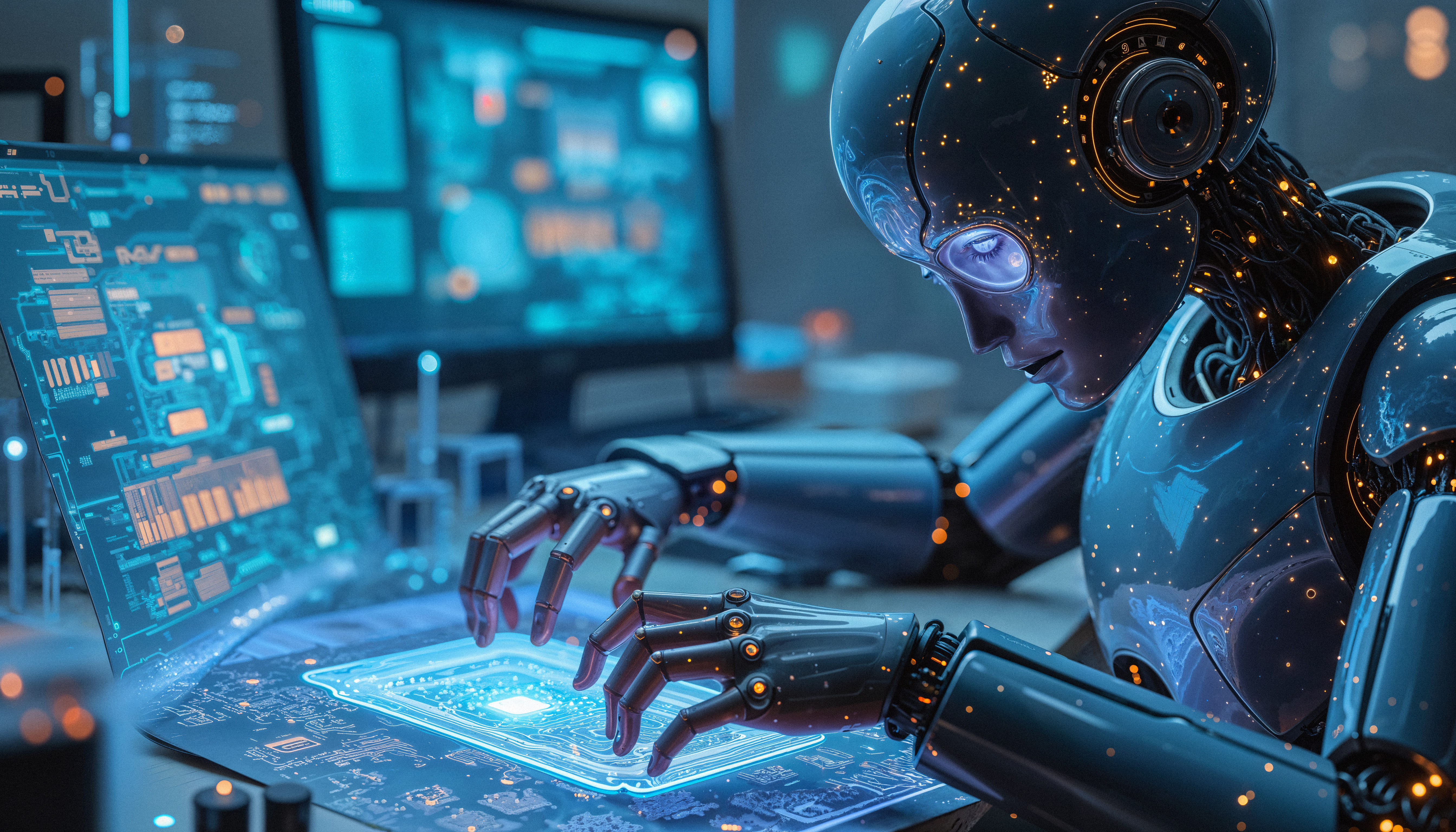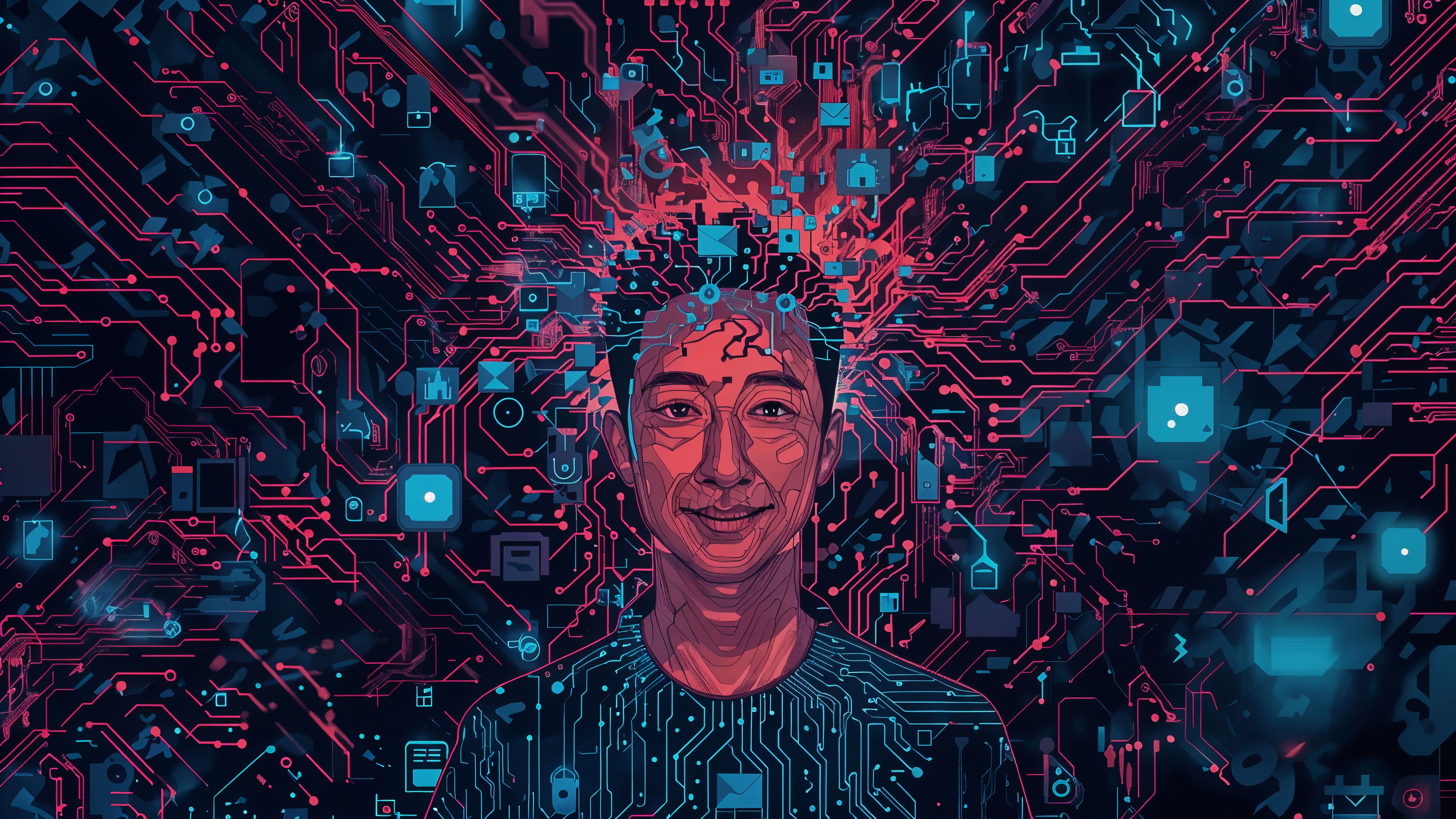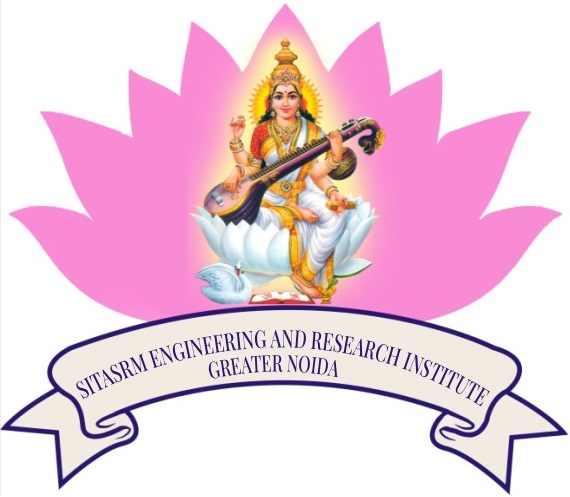 SITASRM ENGINEERING & RESEARCH INSTITUTE
SITASRM ENGINEERING & RESEARCH INSTITUTE
 SITASRM ENGINEERING
SITASRM ENGINEERING & RESEARCH INSTITUTE

SITASRM ENGINEERING & RESEARCH INSTITUTE
Menu
AI Engineering: The Engine of Innovation

Have you ever thought of a refrigerator that doesn't just hold food, but actually tries to improve your diet? Or a self-healing infrastructure that anticipates and prevents breakdown? This isn't science fiction. This is the opportunity AI engineering can bring to society. Enough with the magic.
What is important about artificial intelligence is the discipline of its engineering. This article will look at the essence of innovation through the lens of the active discipline of AI study, defining it, and what it does to deliver an innovative place in the professional development of technology.
Defining AI Engineering
What exactly is AI engineering? The subject is more than just the coding of AI algorithms. It is a complete approach to the design, deployment, and maintenance of AI systems. It includes:
-
AI Model Development: The design, construction, and deployment of specific statistical models.
-
AI System Architecture: The structuring of the systems and infrastructure to support AI applications.
-
AI Operations (AIOps): The operationalization of best practices in deployment, monitoring, and maintenance of AI systems.
-
Data Engineering for AI: The construction of the data pipeline and data management plans that are a prerequisite for AI technology.
AI Tools for Engineering
AI is changing how engineering is done forever, providing amazing capability to streamline design, analysis, and optimization.
-
Generative Design: AI algorithms automatically generate multiple design options based on a few specified parameters and chocolate your own design options, leading to a faster design process (e.g., Autodesk Dreamcatcher).
-
Predictive Maintenance: AI analyzes sensor data, history, and other data to predict when equipment will fail, and hopefully minimize downtime and costs.
-
Simulation and Analysis: AI increases the speed of advanced simulations, and gives more insight into structure integrity, fluid dynamics, etc.
-
Automation: Automation in manufacturing has been carried out by robots and other systems powered by AI to improve efficiency and precision.
-
Optimization: Algorithms can optimize designs to provide better performance, efficiencies in material usage, and energy use.These tools are creating opportunities for engineers to innovate faster, provide more efficient designs, and solve complex engineering problems.
Specialization You Can Have
Engineering in AI is a broad field of engineering with several areas of specialty:
-
Machine Learning Engineering: A principal engineering discipline of AI that focuses on building and deploying machine learning models.
-
Deep Learning Engineering: A subfield of AI engineering that specializes in deep learning models used in areas: image recognition and text/natural language processing.
-
A.I. Solution Architect: An AI engineering role focused on designing A.I. systems from beginning to end to solve a business or engineering discipline need.
Infrastructure: The Foundation of Artificial Intelligence
As civil engineers need strong foundations to build upon, AI engineering relies on a solid infrastructure:
-
Hardware Acceleration: AI engineers collaborate with hardware engineers to optimize processing power for AI workloads, utilizing GPUs (graphics processing units), and/or dedicated AI chips.
-
Software Frameworks: AI engineers utilize powerful software frameworks (such as TensorFlow, and/or PyTorch) to develop and deploy AI models.
-
Scalable Systems: AI study also involves the design of systems that can support massive datasets and complex AI models, often utilizing cloud computing.
Data: The Lifeblood of Developing Artificial Intelligence
Data is the fuel that drives AI, and how we manage that data is an essential element of developing artificial intelligence:
-
Data collection and preprocessing: Involves developing plans to acquire, clean, and prepare data for AI model training.
-
Data governance: Engineering in AI involves managing quality, security, and ethical use of data.
-
Feature Engineering: AI learners must also have the skill of selecting and transforming relevant data features to optimize AI model performance. Ethical
Ethical Considerations in AI-Engineering
Learning AI in your engineering journey comes with clear ethical responsibilities:
-
Mitigation of Biases in Data: Engineering students must deal with and mitigate biases in data and algorithms to promote fairness.
-
Transparency and Explainability: Designing AI systems in the engineering field is an area of increasing emphasis.
-
Safety and Robustness: AI engineering should prioritize developing AI systems that are also safe and secure.
The Future of AI Engineering
The fields of AI are moving rapidly. The demand for competent professionals who have the ability to develop and deploy safe, ethical, and scalable AI solutions is expanding rapidly.
As a consequence, computer science and engineering in the field of AI and ML are being combined into academic programs at an accelerated pace. This is important in developing the knowledge and skills that engineers will need to excel in the AI age. Study AI and ML at SERI and stay at the center of new innovations in the future.
Final Words
AI engineering is not just a subset of computer science; it's a distinct and vital discipline. It is the practical application of AI research and theory, bridging the gap between cutting-edge AI models and real-world solutions. From designing AI infrastructure to addressing ethical concerns, Engineering is the driving force behind the AI revolution, and its importance will only continue to grow.






